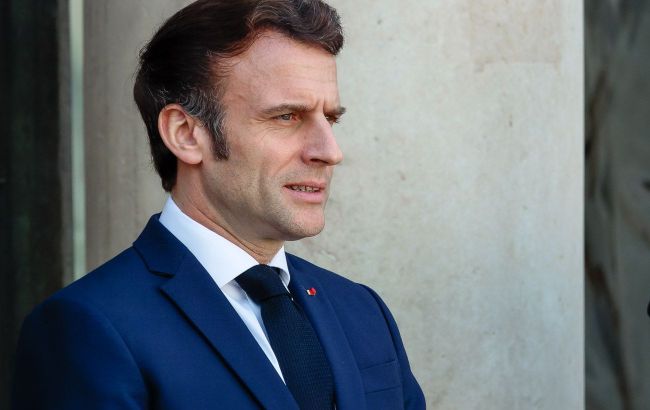France abandons 'fair budget' idea, bringing relief to rich
 Emmanuel Macron (photo: Getty Images)
Emmanuel Macron (photo: Getty Images)
The French parliament has rejected proposals for a wealth tax, dismissing the Socialist initiative and leaving Minister Lecornu’s government room to make adjustments to the 2026 budget, according to Вloomberg.
Fierce debates erupted in France’s National Assembly over the draft budget for 2026. Left-wing parties demanded the introduction of a wealth tax — the so-called Zucman tax, which proposed a minimum levy of 2% on assets exceeding 100 million euros. However, both versions of the proposal - the full and the simplified one (Zucman-lite) — were rejected during the vote on Friday, October 31.
Prime Minister Sébastien Lecornu’s government firmly opposed the tax, emphasizing that France has never taxed business assets and that adopting such measures would likely be deemed unconstitutional.
The Socialists, who had earlier threatened to issue a vote of no confidence if the budget did not include tax increases for the wealthiest, somewhat softened their stance. However, their leader, Olivier Faure, stated that after the rejection of their proposals, the country is short about 15 billion euros in revenue needed to avoid cuts to social spending.
Prime Minister Lecornu, in turn, promised to introduce amendments to the budget that would preserve the indexation of pensions and social benefits, but emphasized that this vote cannot be called a show of strength.
Political observers note that the failure of the wealth tax does not ease the tensions surrounding the government’s budget - France still faces several rounds of difficult negotiations between the government, left-wing forces, and centrists.
Political crisis in France
On September 8, during an extraordinary session, France’s National Assembly voted for a motion of no confidence in the government of François Bayrou, who had been in office for only nine months. A total of 364 deputies supported his dismissal.
The following day, President Emmanuel Macron appointed Sébastien Lecornu as the new Prime Minister. Lecornu had previously served as Minister of Defense in Bayrou’s government.
Lecornu formed a new cabinet, but due to internal political disputes within his team, it lasted only 27 days. On October 6, Lecornu submitted his resignation, which Macron accepted.
However, on October 10, after consultations, the President of France once again nominated Lecornu to head the government, and he agreed.
On October 13, the Élysée Palace announced the new composition of the French government under Lecornu’s leadership.

